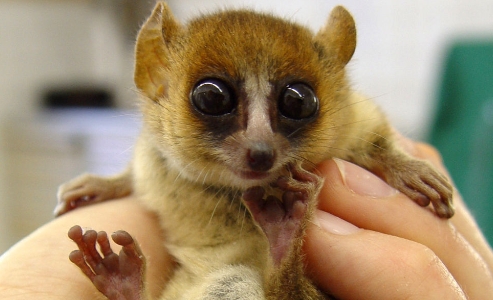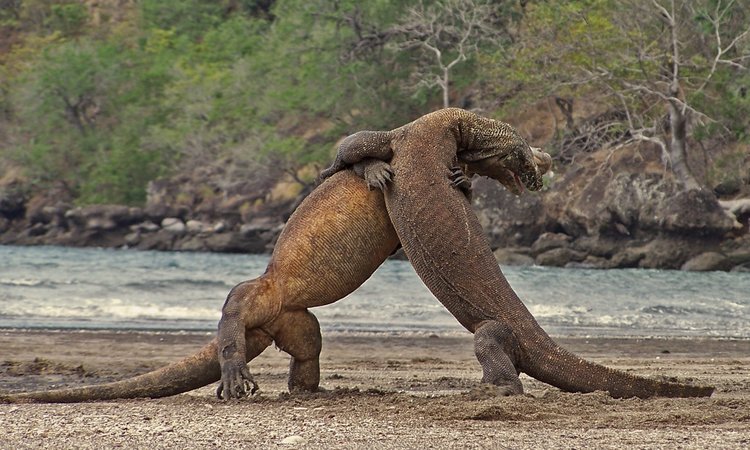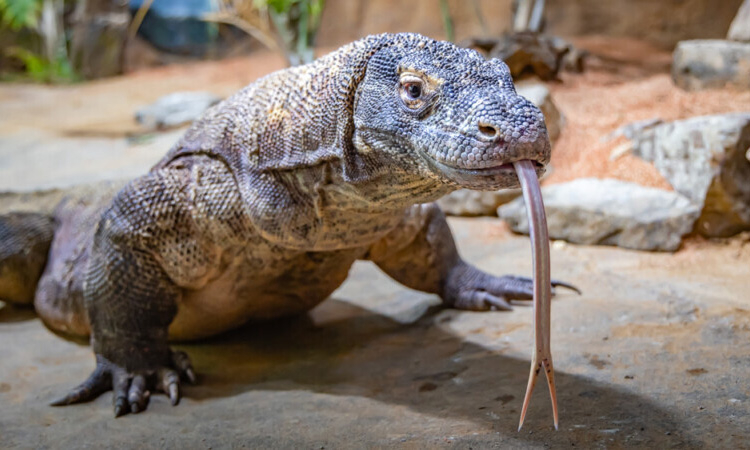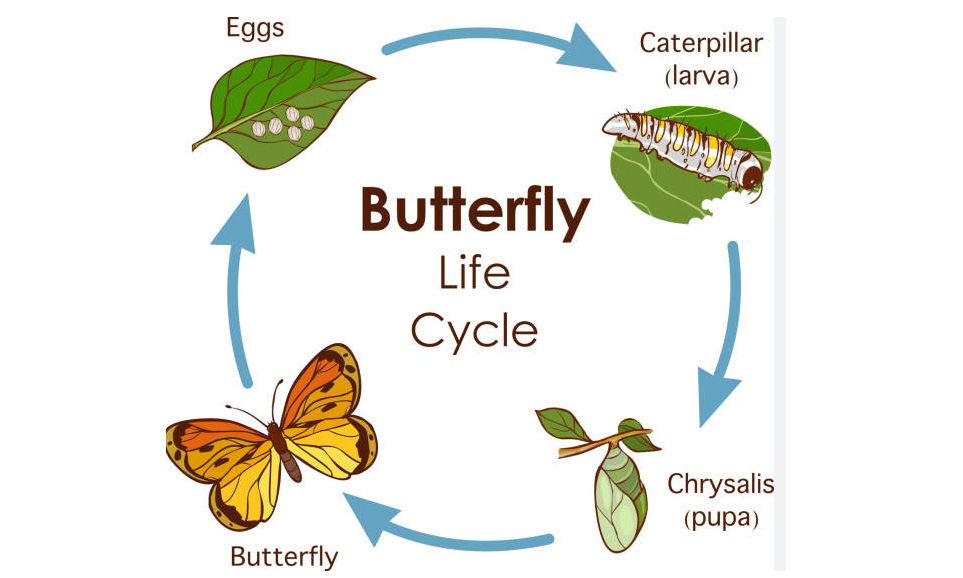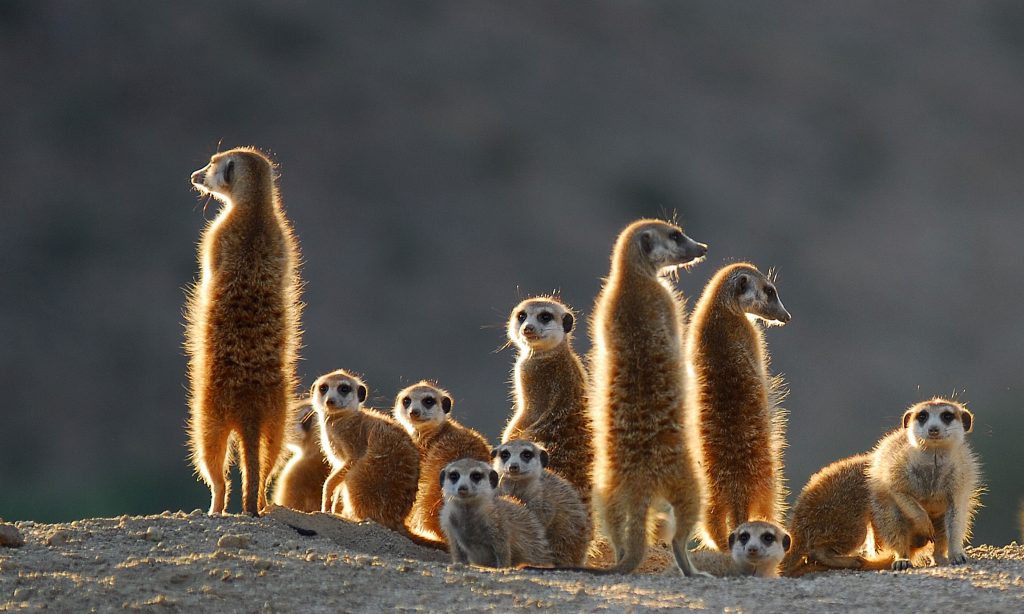Lemur Ring: Inside the Operations of an Illegal Wildlife Trade
The illegal wildlife trade is a lucrative and destructive industry that threatens the survival of many endangered species. One such species that has fallen victim to this trade is the Lemur, a primate native to Madagascar.
The Lemur Ring is a notorious group involved in the illegal trafficking of Lemurs. This operation is highly organized and involves a network of individuals who capture the Lemurs from the wild and sell them to buyers around the world.
The Process of Trafficking Lemurs
The process of trafficking Lemurs begins with the capture of these animals from their natural habitats in Madagascar. Poachers use traps and snares to catch the Lemurs, often causing them harm in the process.
Once captured, the Lemurs are transported to holding facilities where they are kept until they can be sold to buyers. These facilities are often overcrowded and unsanitary, leading to stress and illness among the captive Lemurs.
The Lemurs are then transported to their final destination, which may be a private collector, zoo, or wildlife exhibit. During transit, the animals are subjected to harsh conditions and may suffer injuries or even death.
The Impact of the Illegal Wildlife Trade
The illegal wildlife trade has devastating consequences for Lemurs and other endangered species. It disrupts ecosystems, reduces genetic diversity, and threatens the survival of already vulnerable populations.
By purchasing illegally trafficked Lemurs, buyers are fueling the demand for these animals and perpetuating the cycle of exploitation. It is crucial for consumers to be aware of the ethical implications of purchasing wildlife products and to support conservation efforts instead.
Taking Action Against the Illegal Wildlife Trade
Efforts are being made to combat the illegal wildlife trade and protect Lemurs and other endangered species. Law enforcement agencies around the world are cracking down on wildlife trafficking networks, and conservation organizations are working to educate the public about the importance of preserving biodiversity.
Individuals can also make a difference by reporting suspected cases of wildlife trafficking and avoiding products made from endangered species. By taking action against the illegal wildlife trade, we can help protect Lemurs and other animals from exploitation and ensure their survival for future generations.
